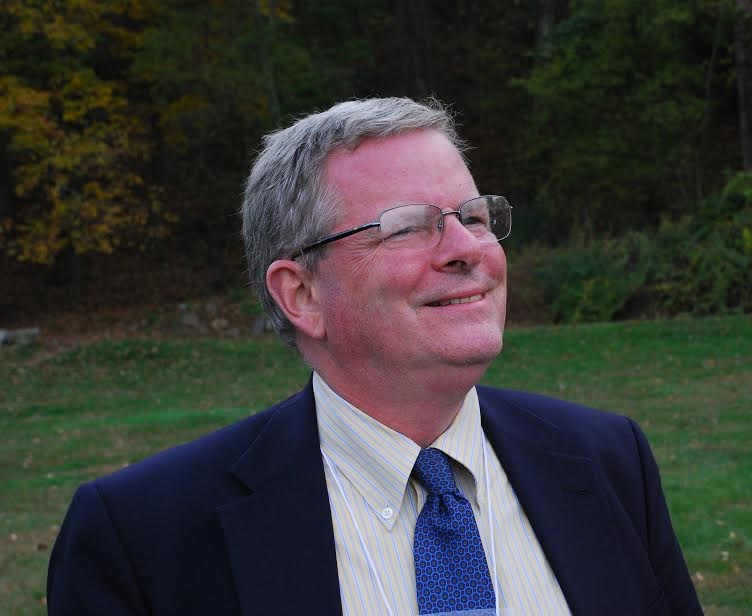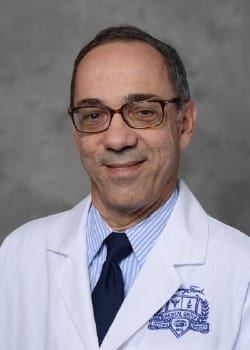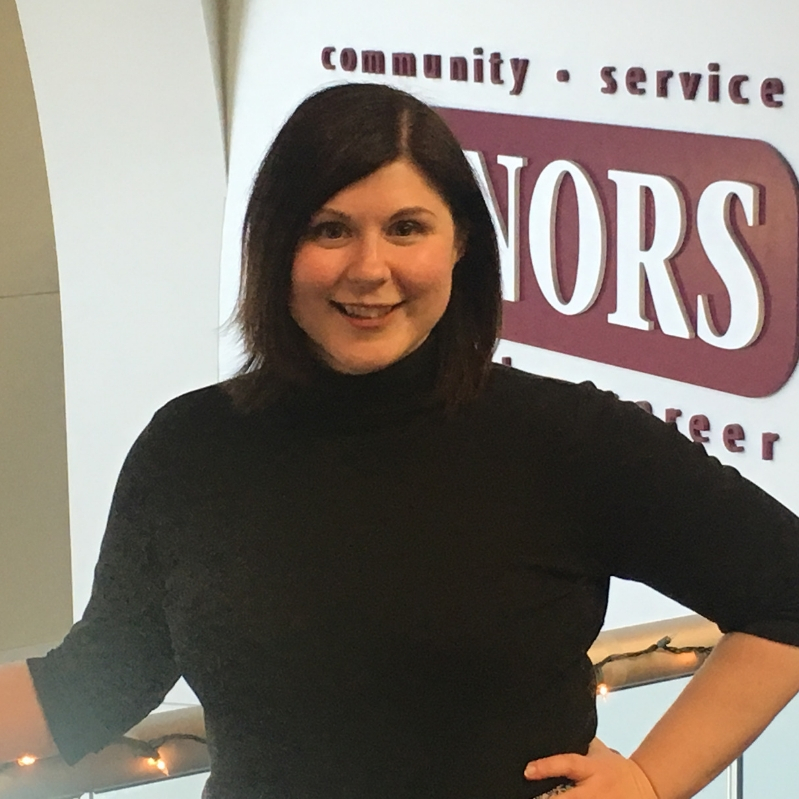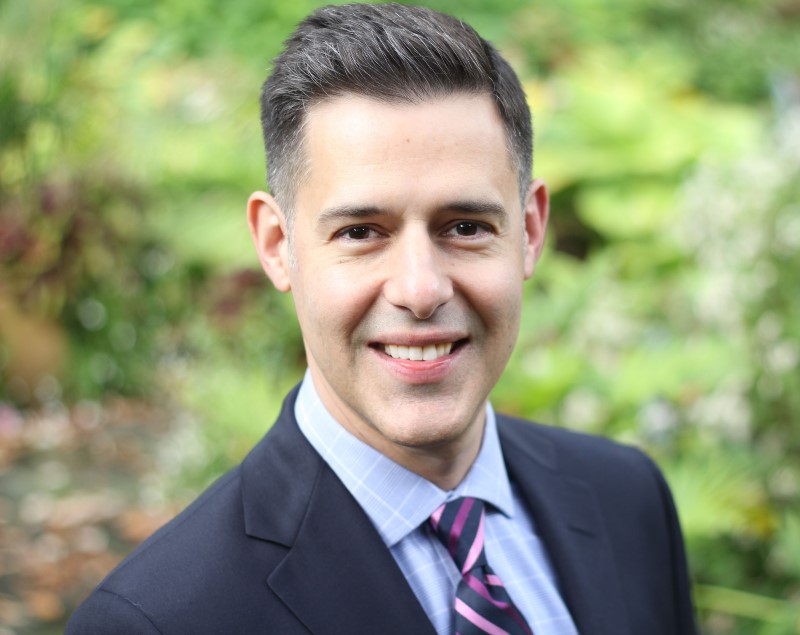Last year, when Honors Senior Lecturer Tim Moran, Ph.D., told Irvin D. Reid Honors College Dean John Corvino that he wanted to offer a winter 2020 foundational seminar titled "What Plagues Detroit?" — on the history of how epidemics and medical developments changed the city — Corvino thought, “Well, that sounds like it will be interesting and relevant.” Little did he realize just how relevant it would turn out to be.

At the start of the semester, Moran’s students used an ongoing “News Watch” discussion to track an emerging new coronavirus. The idea was to use current events to understand how our forebearers might have reacted to unfolding medical developments.
The novel coronavirus, later named COVID-19, soon spread rapidly, paralleling historical developments of past threats such as cholera, tuberculosis and the Spanish Influenza of 1918. At the beginning of March, students heard from guest speaker Marcus Zervos, M.D., an infectious disease specialist and the Wayne State School of Medicine’s assistant dean of global affairs.

Michigan had tested a total of six people by March 3, and Zervos frankly discussed the challenges hospitals would face when COVID-19 cases began to mount in metro Detroit. Students questioned him eagerly just a few days before they left for spring break — which turned out to be the last time they would meet in person, as the university then moved courses online in response to the outbreak.
“Students had the opportunity to see how fear of the unknown, of the exotic and of the ‘other’ fueled sometimes panicky reactions to disease outbreaks, and to watch social structures adapt to scary challenges,” Moran said. “Who knew we would make nurses and grocery workers into heroes — or hoard toilet paper?”
It wasn’t planned that a seminar would wrestle so closely with developing events, but the series of new foundational seminars in the Honors College was certainly meant to get students to step outside of conventional topics and look at social issues in fresh ways. A spine of required elements ensures that these courses teach skills the students will use later — skills such as quality research, writing and sharpened presentation. The seminars also stress community engagement, with many sending students into the city for research.

The seminars, which are taught by faculty across campus from a wide range of departments, are the second half of the Honors College’s required first-year sequence. The college’s senior lecturers were instrumental both in developing the interdisciplinary framework for the seminars and in creating courses themselves, with original topics including “Gangs and Organized Crime,” “Race and Sports in the United States,” and “Doing Well and Doing Good?”
Honors Senior Lecturer Beth Fowler, Ph.D., teaches two sections of “Pop Goes the World: Global Freedom Movements and U.S. Popular Culture.”
“The students are incredibly engaged and prepared in each class and are able to discuss the arguments intelligently,” she said. “But we also have a great time listening to songs from different time frames and countries; watching video clips; and looking at art, discussing various interpretations, and linking those interpretations to political and social shifts.”
Fowler offers some of her favorite moments so far: students tracking the "whitening" and "Britishization" of the Beatles through a series of performances, finding calls to political action in Motown singles, and describing the live album Albert Ayler in Greenwich Village as "the soundtrack to a horror movie" and "a heart attack in the woods." One student even created a Spotify playlist of all the songs played in class.

Corvino said the seminars are a win-win.
“We have amazing faculty at Wayne State, both inside and outside of Honors,” he said. “These courses give our students access to top-notch faculty in a small seminar setting while also allowing the faculty to explore innovative topics alongside creative, high-achieving undergraduates.”
In addition to emphasizing writing, research and presentation skills, the seminars share a common theme of urban issues, using Wayne State’s distinctive character as a research university in the heart of Detroit. All meet a gen-ed requirement.
As for the eerie prescience of Moran’s chosen topic, Corvino joked, “I’m going to be very careful the next time Tim Moran proposes a new course. I’m keeping my fingers crossed that in winter 2021 he’ll be teaching ‘Economic Boom Times’ or something like that!”
